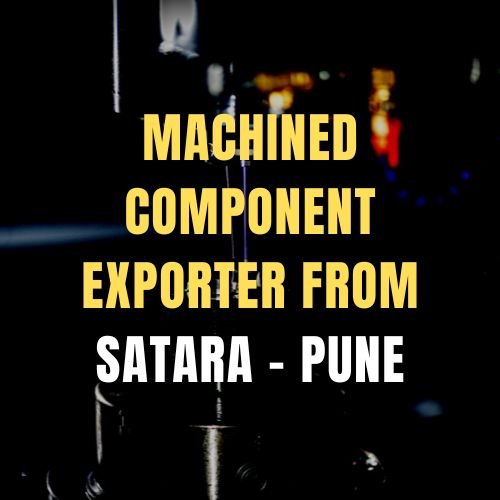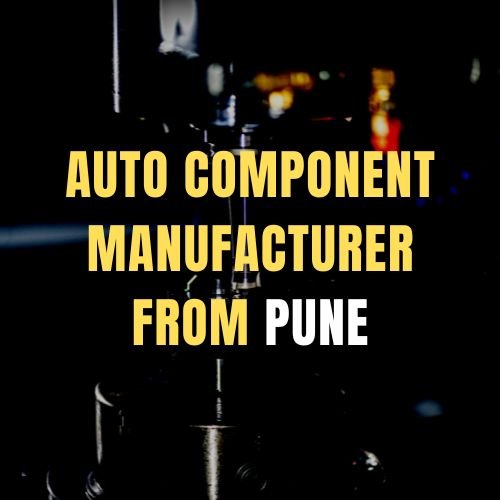We help you
Understanding your machines
We help you connect your machines to the internet and generate reports on efficiency and utilization.
With possibility of additional production, digitization of manufacturing assets will utilize existing infrastructure to the fullest.
Understanding operator workflows, downtime on the machines and viewing and managing infrastructure remotely.

Outsourced Chief Production Supervisor
All production teams love our systems, they enjoy not doing the paperwork
System so beautiful, everyone gets addicted to it
Available on Browser, App and even Smart Speaker
With auto alerts and notifications, ramp up your growth
Automatic notifications on mobile app, SMS, email and smart speakers will make sure that your production plant is on the toes even when you are not there

Case Studies
Read Some of The Selected Cases We Worked On
Frequently asked questions
01 How does IIOT (Industrial IOT) work?
The Industrial Internet of Things (IIoT) refers to the use of connected devices and sensors to collect and analyze data in industrial settings. These devices and sensors are connected to the internet and are able to communicate with each other and with central systems, allowing for the collection and analysis of real-time data.
Here’s how IIoT typically works:
- Sensors and devices are installed on industrial equipment, machines, and other assets. These devices can include things like temperature sensors, vibration sensors, and other types of sensors that can collect data on the performance and condition of the assets.
- The sensors and devices transmit the data they collect to a central system, such as a cloud platform or on-premises server.
- The data is then processed and analyzed using software tools and algorithms. This can be used to identify patterns, trends, and anomalies that can help improve operations, predict maintenance needs, and optimize performance.
- The insights and data generated by the IIoT system can be used to inform decision-making and drive operational improvements. This might involve adjusting equipment settings, scheduling maintenance, or making other changes to improve efficiency and productivity.
Overall, IIoT systems allow for the real-time collection and analysis of data from connected devices and sensors, enabling businesses to optimize operations, improve efficiency, and make data-driven decisions.
02 Is IIOT for me?
The Industrial Internet of Things (IIoT) can be a powerful tool for businesses that want to optimize operations, improve efficiency, and make data-driven decisions. If any of the following apply to your business, then IIoT may be a good fit:
- You have industrial equipment, machines, or other assets that you want to monitor and optimize: IIoT can help you collect data on the performance and condition of your assets, which can help you identify opportunities for improvement and increase uptime.
- You want to make data-driven decisions: IIoT can provide real-time data and insights that can help inform decision-making and drive operational improvements.
- You want to improve efficiency and reduce costs: By using IIoT to optimize operations and predict maintenance needs, you can potentially reduce downtime and lower costs.
- You want to stay competitive: As more and more businesses adopt IIoT technologies, those that do not may risk falling behind in terms of efficiency and competitiveness.
That said, it’s important to carefully evaluate whether IIoT is the right fit for your business. Consider your specific needs and goals, as well as the costs and resources required to implement and maintain an IIoT system.
03 Will you train our team?
Absolutely!
Your improvement is our success!
04 What is it available on?
We are available on interfaces like Web, Mobile App, Machine HMI, Smart Speakers, Emails, Telegram, WhatsApp and SMS!
,














